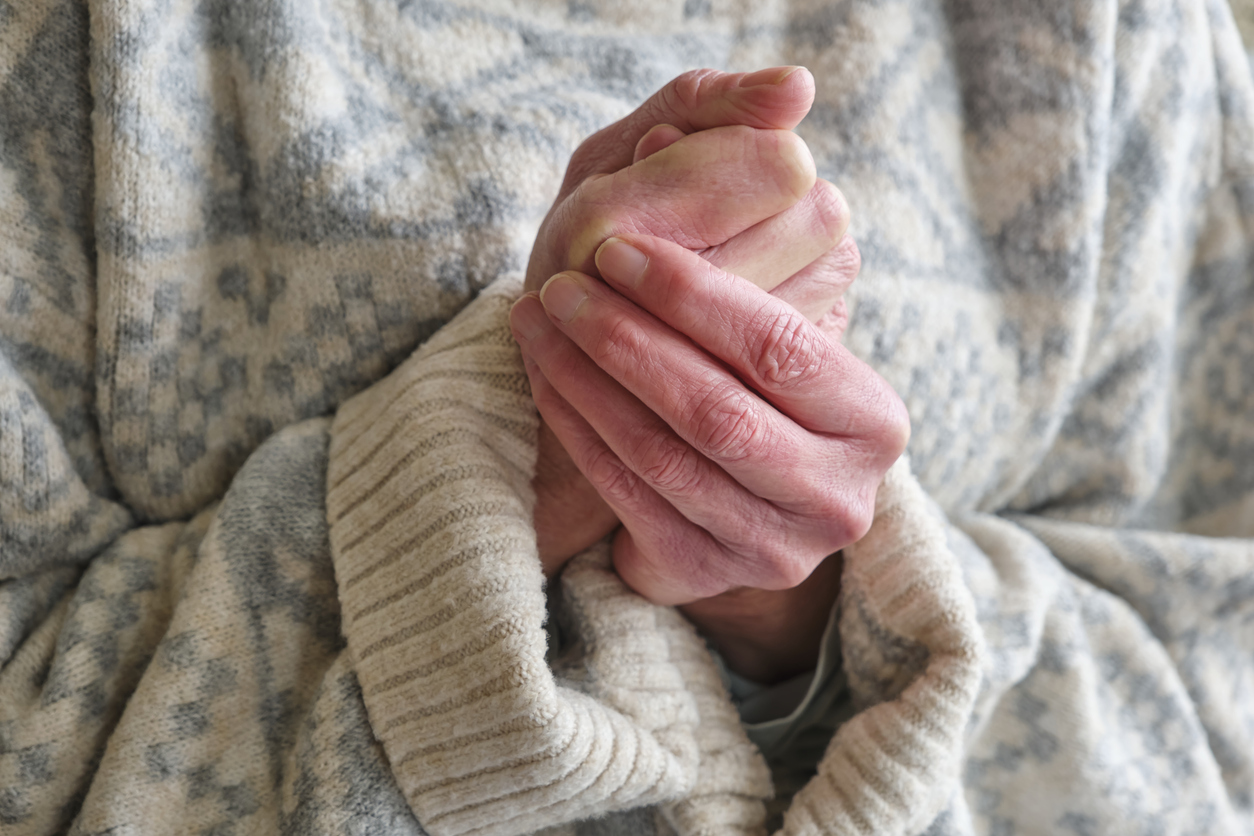Cold homes and health
Why are cold homes bad for health?
Cold homes are not good for your health. Problems and diseases linked to cold homes range from high blood pressure and common colds, to heart attacks and pneumonia.
Besides poor health, cold-related illnesses cause absence from work, social isolation, and sleep deprivation. Cold homes can also lead to stress.
People with existing health conditions are especially vulnerable. Circulatory problems, diabetes, arthritis and mental health issues can be made worse by living in a cold home.
And people with respiratory conditions like asthma are also at risk, particularly if their home is damp and mouldy, which is often the case in under-heated, poorly ventilated homes.
Older people and young children are especially vulnerable to health impacts of cold homes.
What temperature should I set my heating?
It’s important to keep your home warm. The rooms you spend most of your time in should be between 18 and 21°C to keep you warm and avoid damp building up in your home.
If you’re worried about how much this will cost, have a look at our information on staying warm at home cheaply.
| Below 13° | If your home is this cold, it may increase your blood pressure and risk of cardiovascular disease. |
| 14-15° | If your home is this cold, you may be diminishing your resistance to respiratory diseases. |
| 18° | This is the recommended night time bedroom temperature, though some people may be more comfortable in a slightly colder bedroom. |
| 19-21° | This is the recommended daytime temperature range for occupied rooms. |
| 24-27º | This is too warm and can put babies and young children at risk. |
Condensation, damp and mould
Damp causes homes to feel colder, and it’s bad for your health. Colder homes often have more problems with damp and mould. Damp can also cause deterioration of the building, making it harder and more expensive to repair. We’ve got lots of information about preventing damp and mould here.
Grants and funding to help with cold homes
If you receive any type of benefit or are on a low income, you may be entitled to some support.
Improving your home’s insulation or heating system can make a big difference to how warm your home feels and it’s the best thing you can do to keep your heating bills down in the long term. Find out more on our grants and funding information page.
Working with health care providers to end cold homes
We run a range of projects which work with health care providers…




